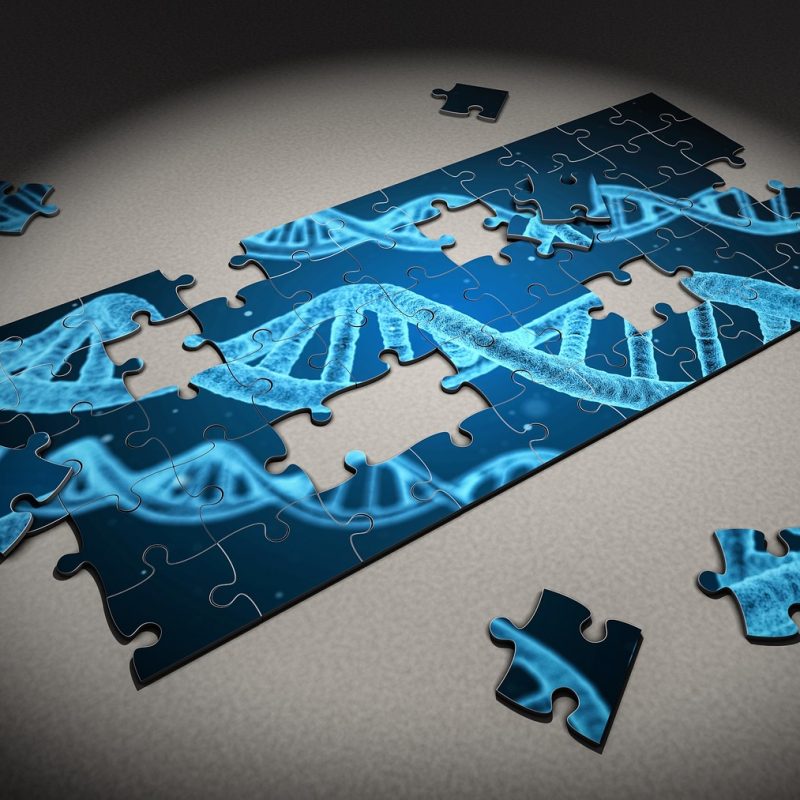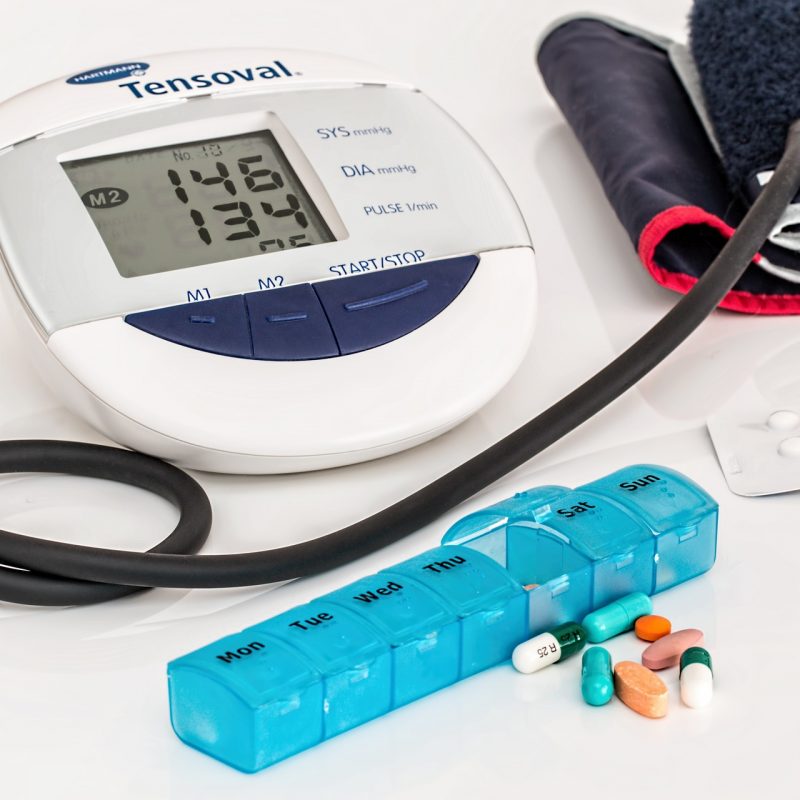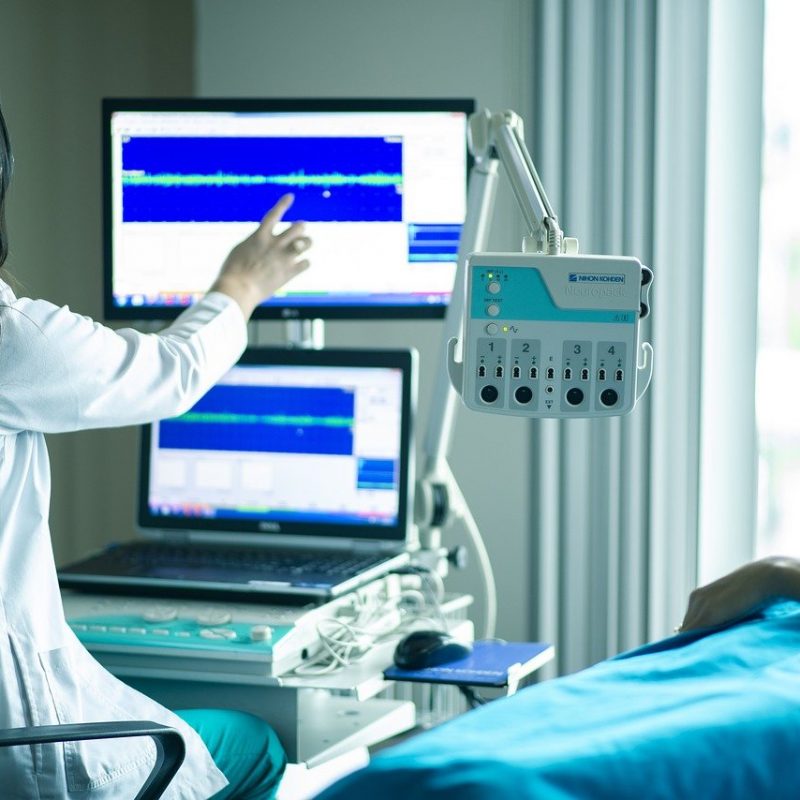

Basic Introduction
Syngap1 Syndrome is a rare genetic disorder caused by a mutation on the Syngap1 gene. It leads to several neurological issues in Syngap patients. In 1998, the Syngap1 gene was discovered. In 2009, scientists made the connection between mutations in the Syngap1 gene and Syngap1 syndrome in humans
The Syngap1 gene is located on Chromosome 6 and is responsible for creating the Syngap1 protein. This protein acts as a regulator in the synapses – where neurons communicate with each other.
A mutation of the Syngap1 gene leads to the gene not producing or producing less Syngap1 protein.
Without the right amount of Syngap1 protein we see an increase in excitability in the synapses making it difficult for neurons to communicate effectively. This leads to many neurological issues seen in Syngap patients.
Basic genetics
Syngap1 Syndrome is caused by a mutation on the SYNGAP1 gene (6p.21.32).
The human body is made of trillions of cells. Each cell contains 23 pairs of chromosomes (46 total). Each chromosome contains thousands of genes. Most genes also come in pairs and we get one copy from each parent. The role of genes is to produce proteins. Proteins are used to regulate the body’s tissues and organs.
A gene can stop working or no longer work properly when a mutation occurs. A mutation is a mistake that happens, similar to a typo, when the DNA is copied from cell to cell or due to environmental factors.
A de novo mutation means the mutation is not inherited and happened very early in the process and non related to environmental factors. We could also call it “Bad luck” mutation. Most Syngap patients have de novo mutations.
The main types of mutations found are Nonsense, Missense, Frameshift, duplication and deletion. For more information on these you can visit: mutationsanddisorders/possiblemutations




What are the symptoms?
Syngap1 is considered a spectrum disorder since patients are not all affected exactly the same way or with the same severity. It is not known yet what impacts the symptoms or their severity. The list below is a combination of most seen symptoms. Syngap patients do not always present all of these symptoms.
- Intellectual Disability (mild to severe)
- Hypotonia (low muscle tone)
- Global Development Delays
- Epilepsy (subtle eyelid flutters, brief jerks, staring seizures and drop seizures)
- Sensory Processing Disorder
- Gross and Fine motor skill delays
- Dyspraxia (coordination disorder)
- Speech delay (moderate to severe – many are non verbal)
- Autism
- Sleep and Behavior disorder
How rare is Syngap1?
Syngap1 mutations are surprisingly common, with the incidence reported as 1-4/10,000 individuals, or approximately 1-2% of all Intellectual Disability (ID) cases, making it one of the most common genetic causes of ID, similar to more well known syndromes like Fragile X, Angelman and Rett Syndrome.
We currently have about 1497 diagnosed Syngap patients in the world but we know there are thousands more undiagnosed patients out there. So few people are yet to be diagnosed for a few reasons:
Families receive a diagnosis like autism, intellectual disability, epilepsy and stop their search there
Cost and access to genetic testing can be a barrier to getting the genetic explanation to all the symptoms.
Syngap1 as a disorder was only discovered in 2009 so all genetic tests done before 2009 would not have shown Syngap1.




How is it diagnosed?
Most Syngap1 mutations are not detected within basic genetic testing. In some cases CGH microarray can show bigger deletions or duplications in the Syngap1 gene, however the best way to diagnose Syngap1 mutations is Genome or Exome sequencing.
A challenge facing many families is that they do not have access to those expensive advanced testing methods. Syngap1 mutations are also included in a few of the bigger NGS Panel-Tests for epilepsy, autism, developmental delay and others. Yet this is not the case for many tests conducted! If you are not sure if Syngap1 is part of the planned genetic test, we advise you to consult your geneticist.
Is there a treatment/cure?
There is currently no cure or specific treatment for Syngap1 however intense therapy can help Syngap patients improve their skills and reach milestones. The most common therapies are Physical Therapy, Occupational Therapy, Speech Therapy, Developmental Therapy and ABA Therapy.
Syngap patients respond well to alternative therapies as well including, hippotherapy, aqua therapy, music therapy, PROMPT Therapy etc.
Syngap patients will never catch up with their peers and always show delays but they continue to make progress and reach key milestones.




Super Syngapians
As difficult as Syngap is, most Syngap patients (referred as Syngapians by family members) are a joy to be around. They are happy, loving and full of life. Their laughter is contagious. They are very affectionate. Most syngapians love water, music, animals and have their own super powers like night vision, great sense of direction, strong will, high pain tolerance and wonderful smiles.
After the diagnosis
It is likely that as you read this you are looking for information on a condition that a loved one close to you has. The information in this document will assist your journey. While we are not medical professionals, researchers, or from the pharma sector, we are a group of families who live through Syngap1 daily. Other than our wonderful Syngap1 children, we are the closest experts there can be to a full understanding of the Syngap1 rare disease. This expertise, teamed with access to your local clinicians and intervention therapy providers, will support you, and provide you with a full understanding of living with Syngap1.
If you are new to the Syngap world, we want to welcome you to our community. It will take time to accept the diagnosis but know that you are not alone. Since there are so few of us around the world, we are here to support each other and cheer for our super syngapians.
If you have any questions please reach out to info@syngapglobal.net


Please note that this information page was written by Syngap parents, not medical professionals.